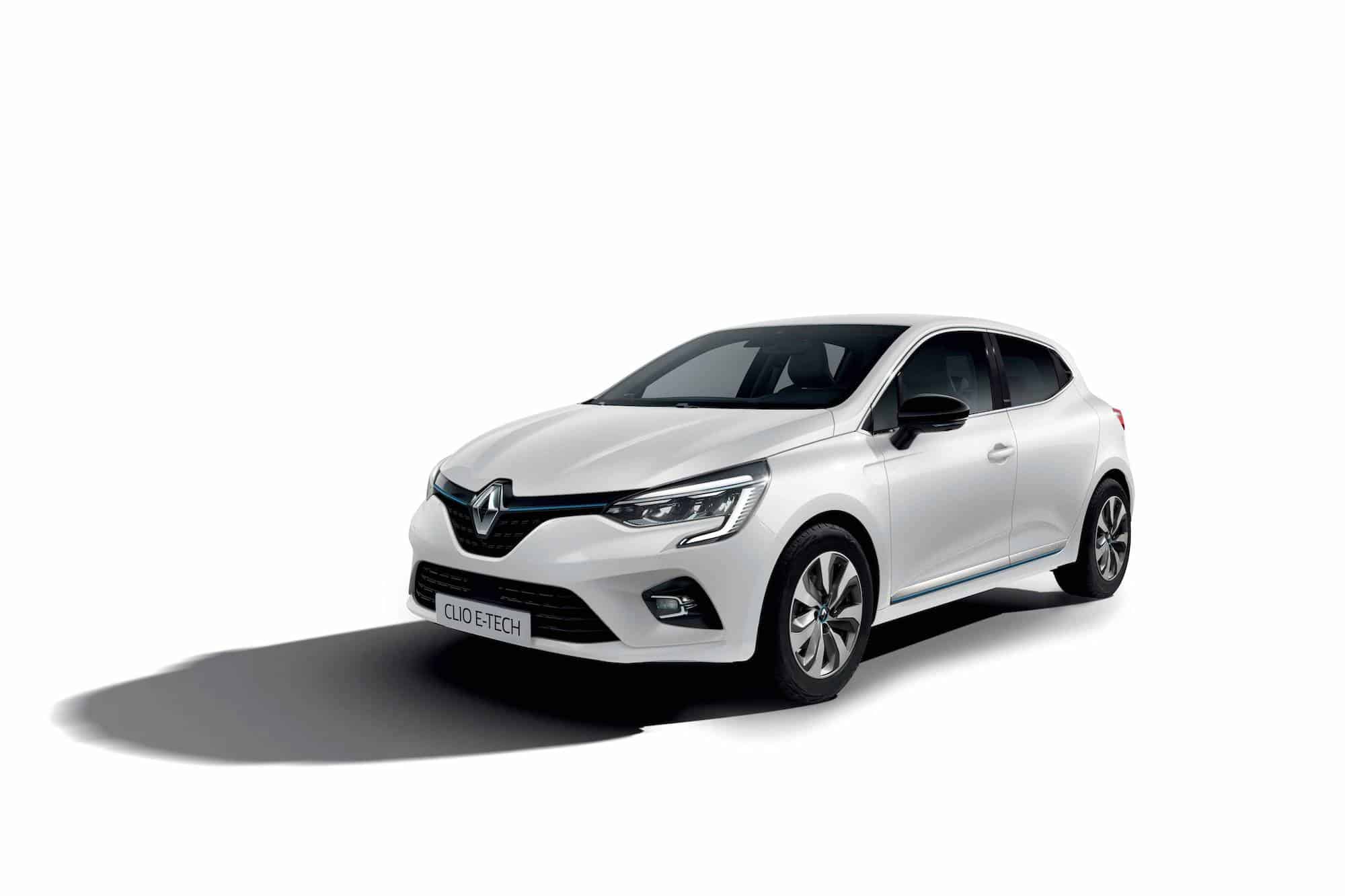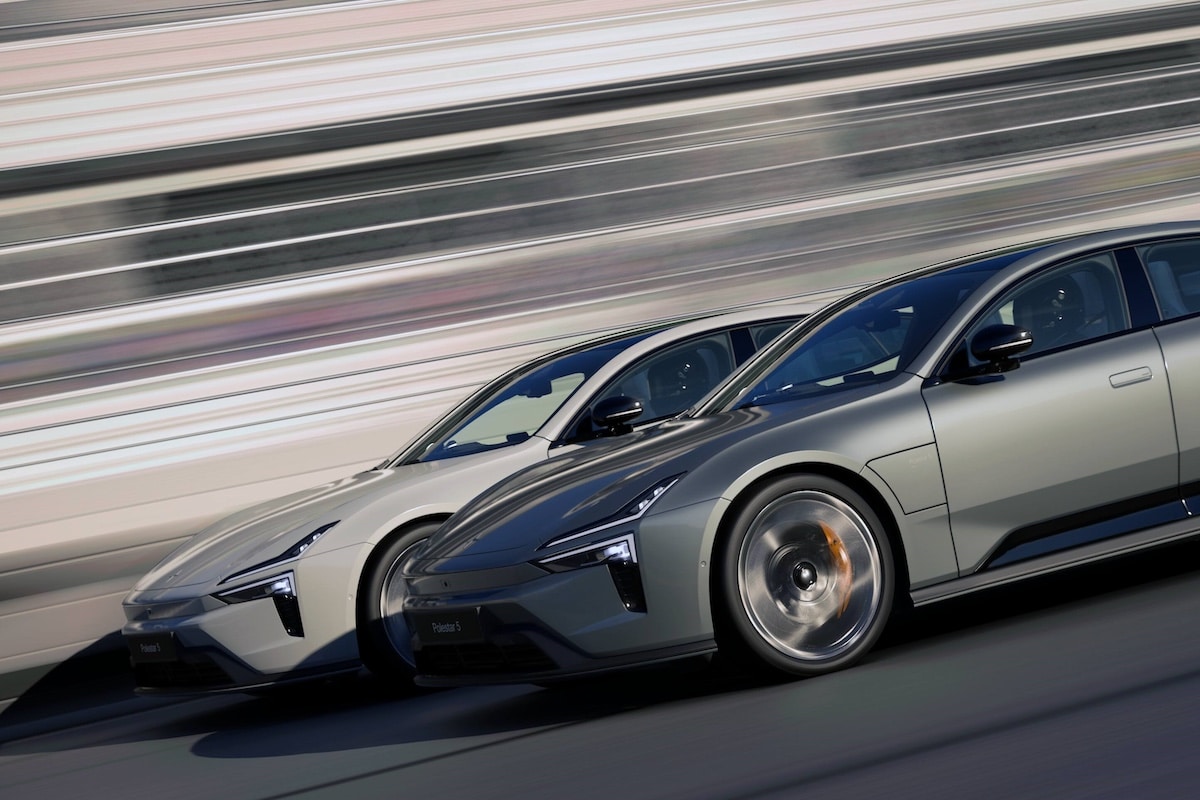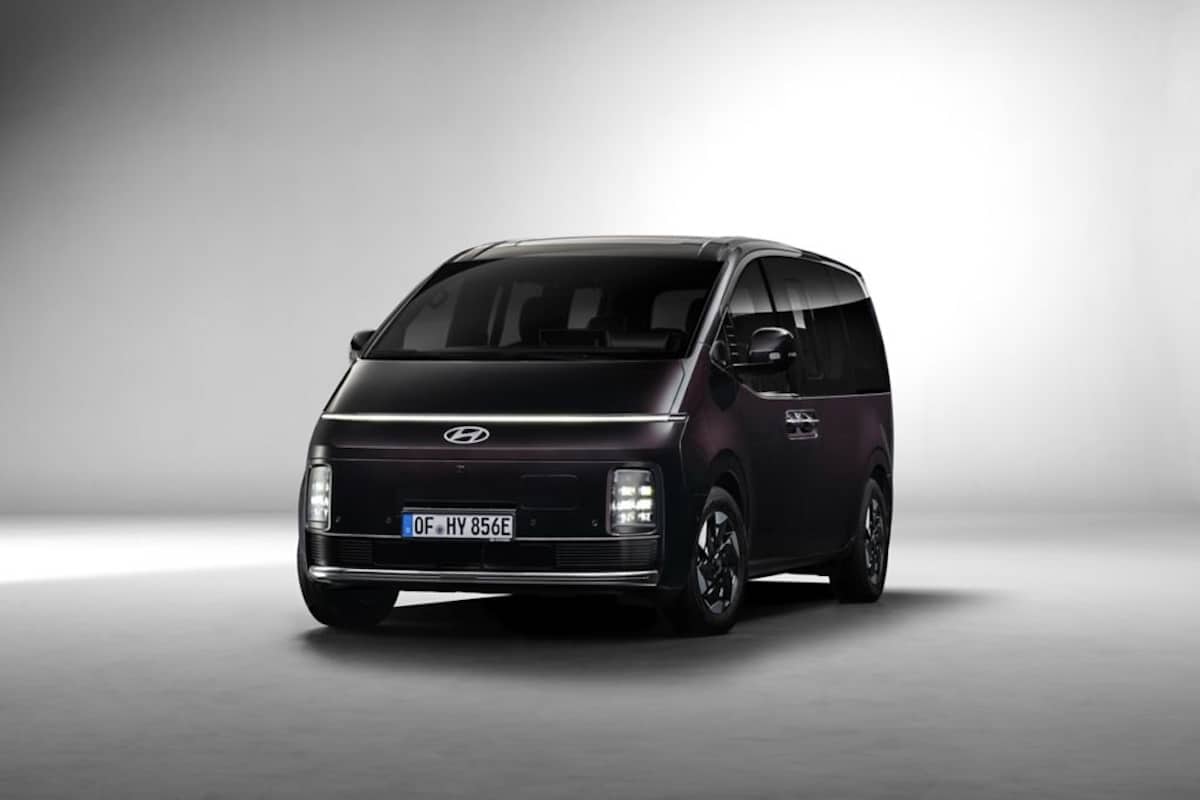The new car, a true reflection of households’ economic morale

New car sales have always been a thermometer of a country’s and households’ economic health. And France is worrying.
Despite a slight rebound in electric car sales in July 2025, the trend remains concerning for the French new car market. In the first seven months of the year, registrations fell by 8%, confirming a downward trend that started in spring 2024. In July, only 116,376 new car registrations were recorded, according to AAA Data. This underperformance is not just a simple sector phenomenon: it illustrates the persistent economic tensions that weigh on households’ purchasing power and businesses’ investment decisions.
Taxes, rampant inflation, job insecurity; everything costs more than before, to the point that today, the number of households able to bear the financial burden of a vehicle replacement has dramatically decreased.
You might be interestedin this article:
A crisis of magnitude that is settling in for the long term
July 2025 was just another episode in a lengthy downward cycle: month after month, the market struggles to recover, despite attempts to stimulate it through public aid. For more than a year, the volumes of new car sales have been down, both for individuals and businesses.
Between January and July 2025, France recorded just over 820,000 new car registrations, compared to about 890,000 during the same period in 2024. The turning point dates back to last spring, when economic uncertainties (persistent inflation, rising interest rates, cost of automotive credit) began to dampen appetite for new vehicles. Not to mention that the cost of cars has continuously been increasing. Without sounding nostalgic, small city cars were still affordable 15 years ago. Today, even the least expensive new car costs almost 20,000 euros!
The automotive market, a historical barometer of the economy
Historically, new car sales have always been regarded as one of the leading indicators of a country’s economic health. The purchase of a new vehicle represents a major financial commitment for a household: it is an investment postponed during periods of doubt, and accelerated when confidence returns.
A dynamic market usually reflects a favorable economic situation, increasing purchasing power, stable prices, and some peace of mind about the future. Conversely, a prolonged decline in registrations often reveals a climate of uncertainty: households defer their purchases, prefer used vehicles, or forgo equipping themselves.
For businesses, fleet renewal policies are also sensitive to the economic environment. Fewer orders in this channel often reflect strict budgetary decisions or a refocusing on operating costs.
The electric sector sends some positive signals
One of the few positive aspects of July 2025 remains the performance of 100% electric vehicles: their registrations are up 15% year-on-year, driven by corporate fleets, now required to be electric to benefit from aid (+70% in this channel). But this figure should be taken with caution. It is partly explained by a low base of comparison: July 2024 was a particularly weak month for electric vehicles. Moreover, individuals continue to turn away from this type of powertrain (-15% year-on-year), a sign that the refocusing of aids (such as bonuses or social leasing) is not having the desired effects.
In sum, even the positive signals from the market reflect more rational decisions rather than genuine signs of recovery: businesses invest in electric vehicles to meet decarbonization targets or to gain tax advantages, not out of confidence in the economic situation.
The used market is also declining
Currently, the combination of pressured purchasing power, more expensive car loans, and an increasingly concentrated supply of electrified vehicles (often more costly at purchase) keeps the market in a waiting phase.
The climate of ongoing conflict, between Ukraine, Russia, the Middle East, economic tensions between the United States and the rest of the world, dangerously shakes the economy. And when the automotive sector coughs, it is the entire economy of a country like France that catches a cold.
Ironically, cash-strapped households can no longer turn to the used car market… due to the lack of recent cars for sale! Here too, due to a shortage of supply, prices are rising while sales are falling: -3% in July 2025. The number of vehicles over 10 years old is increasing by +6%.
The automotive fleet will therefore become older again, pollute, and become dangerous due to lack of maintenance. The snake eating its own tail, in short.
READ ALSO: Tesla Model S and Model X removed from sale in Europe
This page is translated from the original post "La voiture neuve, reflet fidèle du moral économique des ménages" in French.
We also suggestthese articles:
Also read



